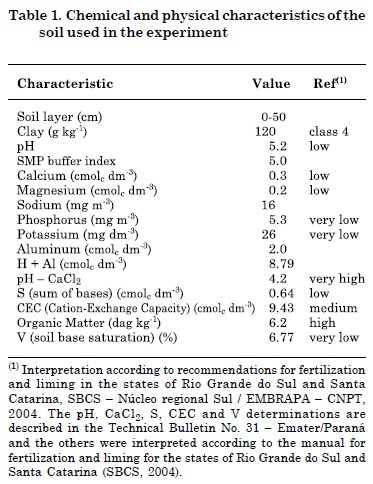The techniques available for the remediation of environmental accidents involving petroleum hydrocarbons are generally high-cost solutions. A cheaper, practical and ecologically relevant alternative is the association of plants with microorganisms that contribute to the degradation and removal of hydrocarbons from the soil. The growth of three tropical grass species (Brachiaria brizantha, Brachiaria decumbens and Paspalum notatum) and the survival of root-associated bacterial communities was evaluated at different diesel oil concentrations. Seeds of three grass species were germinated in greenhouse and at different doses of diesel (0, 2.5, 5 and 10 g kg-1 soil). Plants were grown for 10 weeks with periodic assessment of germination, growth (fresh and dry weight), height, and number of bacteria in the soil (pots with or without plants). Growth and biomass of B. decumbens and P. notatum declined significantly when planted in diesel-oil contaminated soils. The presence of diesel fuel did not affect the growth of B. brizantha, which was highly tolerant to this pollutant. Bacterial growth was significant (p < 0.05) and the increase was directly proportional to the diesel dose. Bacteria growth in diesel-contaminated soils was stimulated up to 5-fold by the presence of grasses, demonstrating the positive interactions between rhizosphere and hydrocarbon-degrading bacteria in the remediation of diesel-contaminated soils.
diesel fuel; microbial count; plant growth











